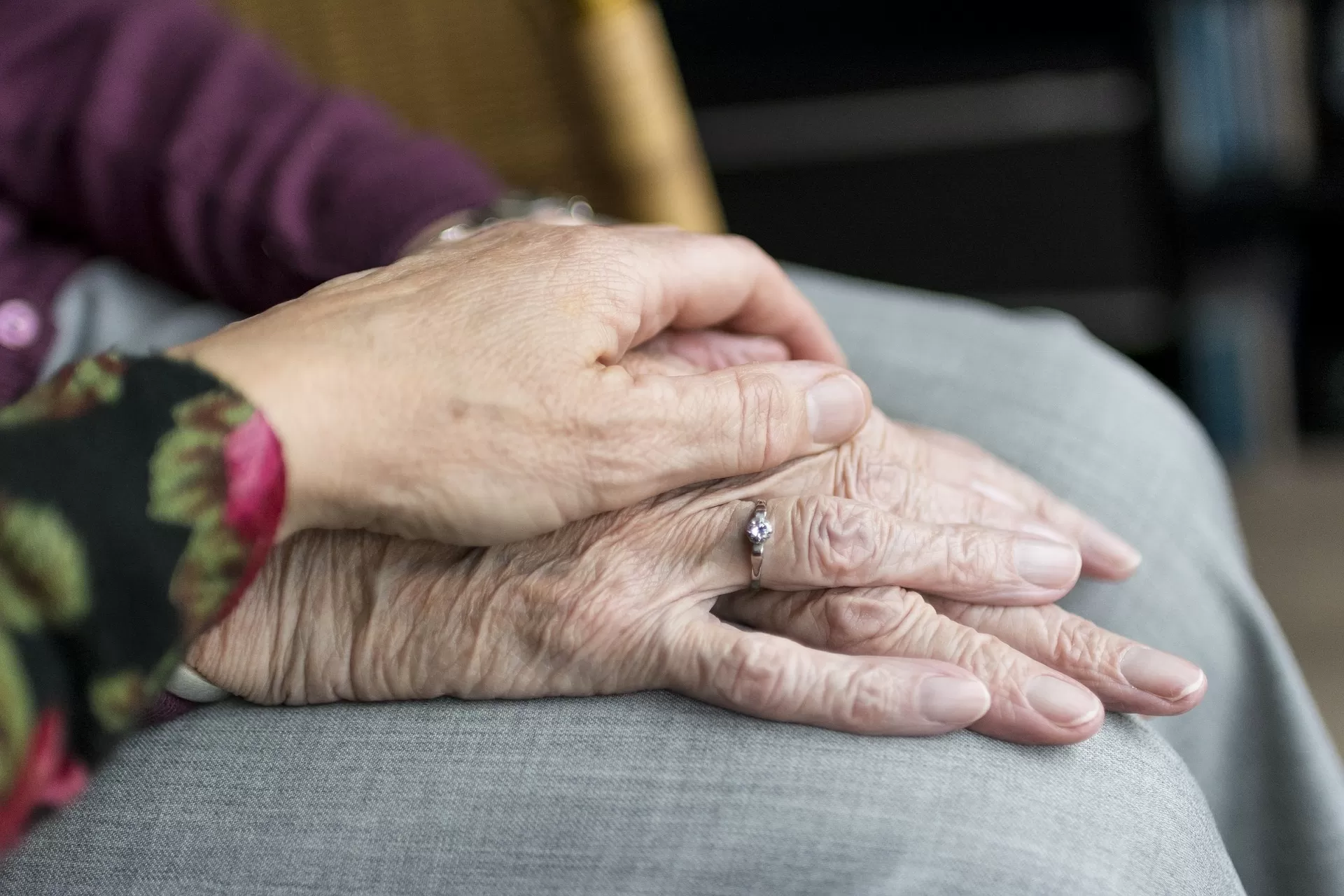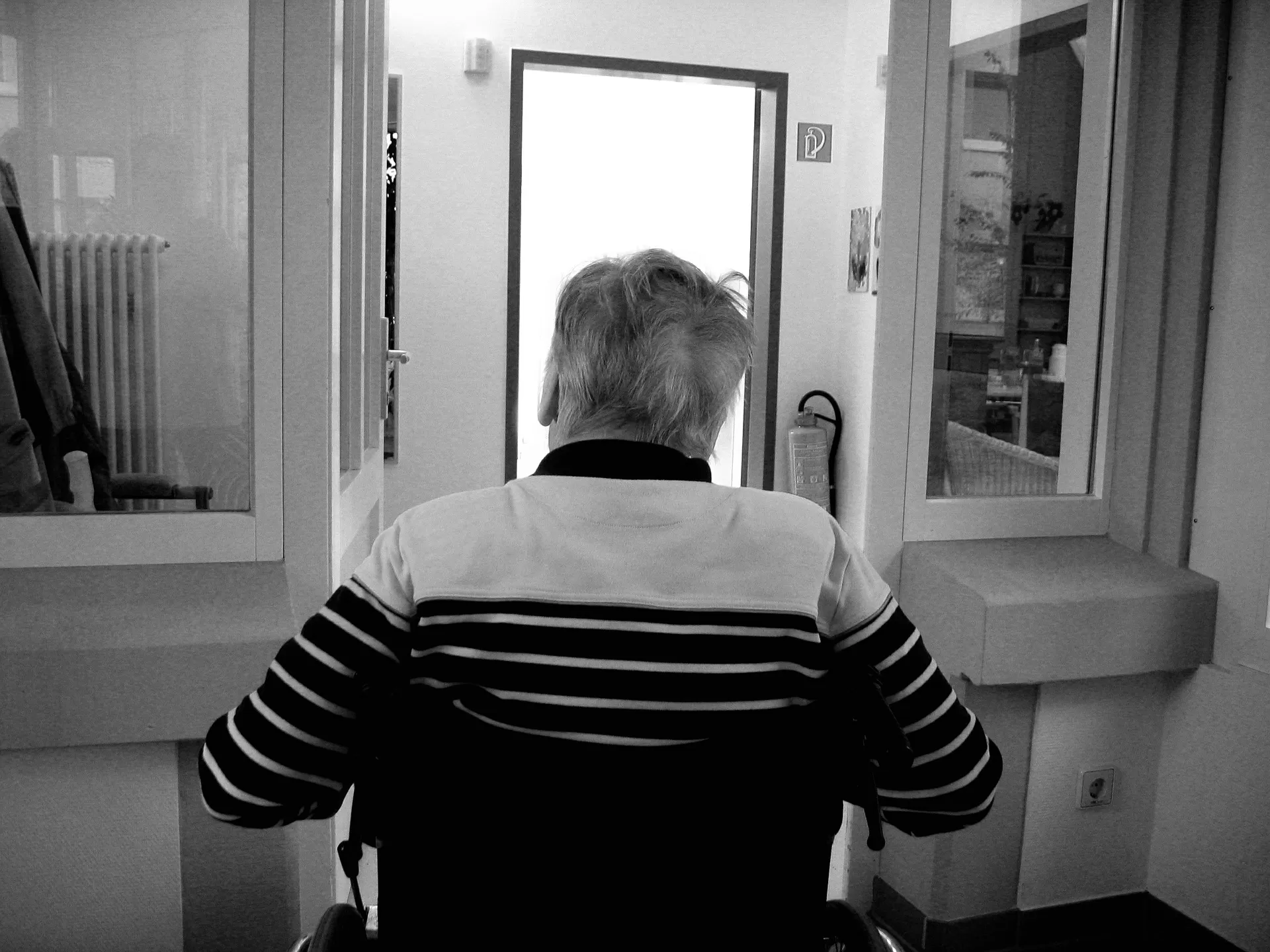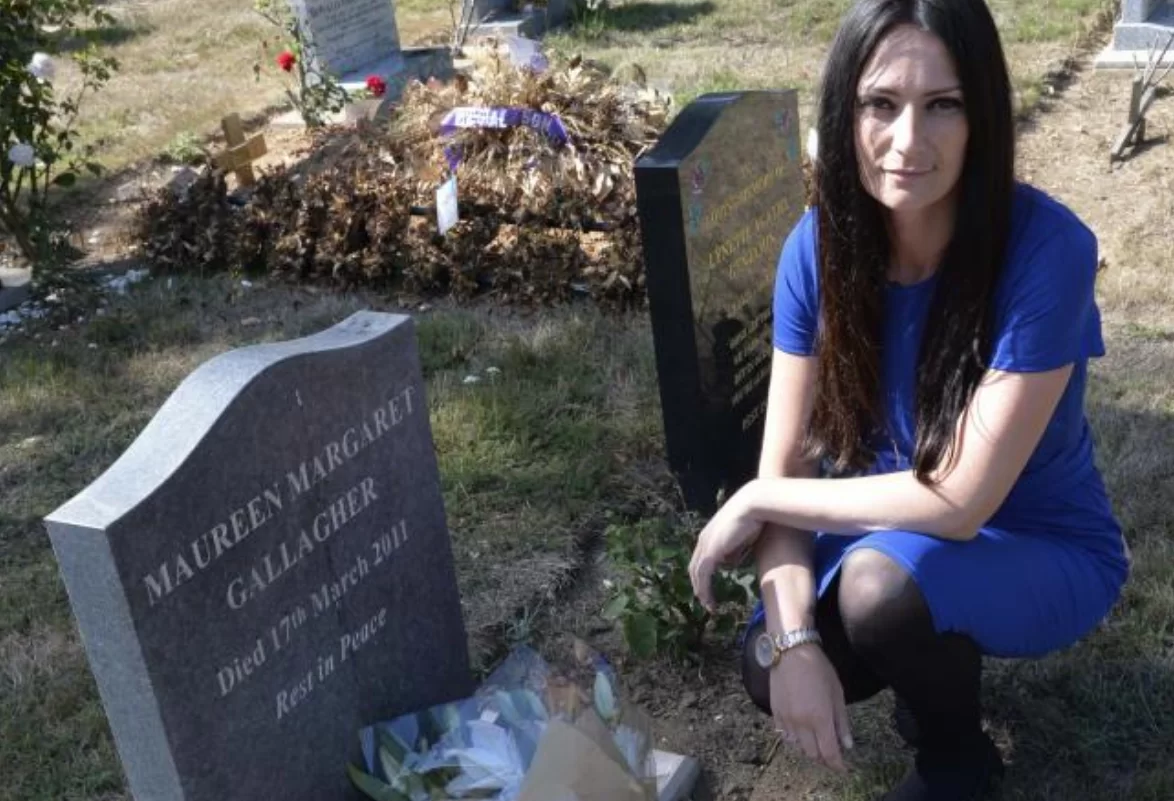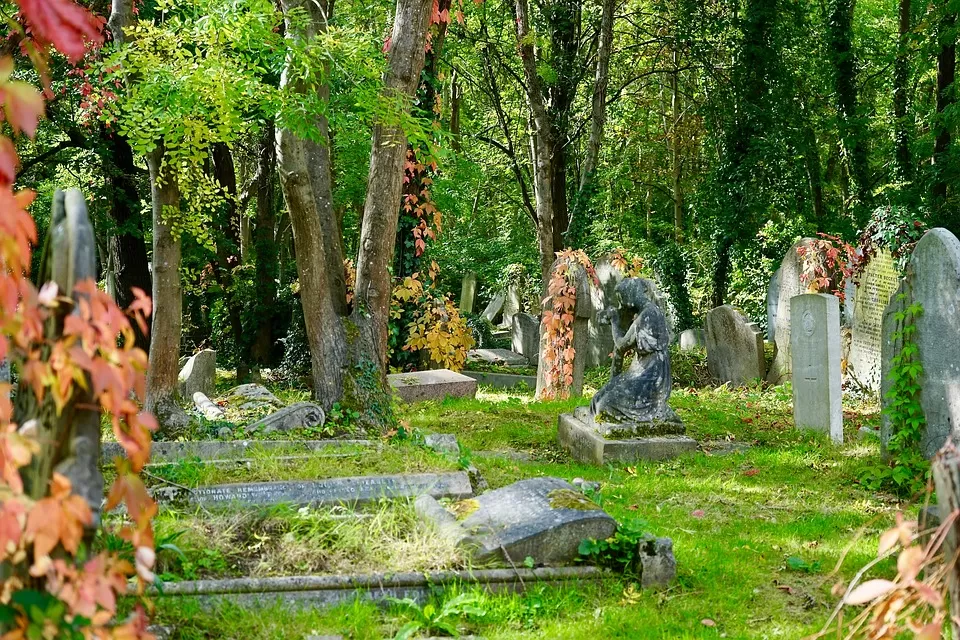Number of DoLs applications rises
Figures released by HMCTS show that the number of DoLs applications has risen by over a quarter on the equivalent period last year. In total 1,166 applications were made to Court between April and June 2018.
In comparison there was a 19% fall in the number of orders made under DoLs for the same period.
The full report can be found on the HMCTS website
Law Society responds to Government over new DOLS procedures
The Law Society has responded to the Governments new statutory scheme under the Mental Capacity (Amendment) Bill which is designed to replace the existing Deprivation of Liberty Standards (DoLs).
They state that the bill "would weaken important safeguards provided under the existing....scheme" and go on to add that the proposed bill is "not fit for purpose in its current form".
The proposal from the Government would see decisions being made by staff at Care Homes and has met with widespread disapproval from within the Social Care sector.
You can read the Law Society's response, in full, via their website
Funding Care
An article published on the Carehome.co.uk website reports that over two thirds of people in England would be happy to pay more tax in order to fund free personal care for everyone.
The charity Independent Age commissioned a YouGov poll that found 74%of adults support the idea of universal free personal care.
You can read the article in full on the Carehome website, link below.
A new way to treat Dementia
Channel 4 news reports that the number of people in the UK aged over 85 who’ll need round the clock care is set to double by 2035, according to a major new study. But there could be an alternative solution to the standard model of an old people’s home, like that being developed in The Netherlands.
The country is already known for pioneering work in dementia care – what they call Dementia Whispering, which is a way of reconnecting with those who have the disease.
Pragmatic Practitioners maiden event
Heledd Wyn , of Greg Latchams Solicitors, is organising a conference for all care professionals from all sectors on the 18th October in Weston Super Mare.
This a unique conference where representatives from all corners of the Care world will come together to share knowledge, insight, and ideas on the current care system and how we can work together to improve the process of making decisions about care. From medical practitioners and social service managers to financial advisors and solicitors, this is an exciting opportunity to hear from a broad range of specialists on a topic of which we all have a personal and professional interest.
For more details and directions on how to sign up, please visit their website
Greg Latcham Solicitors - Pragmatic solutions to Care Problems
You’ve inherited £270,000! No, wait a minute...
TV heir hunters told a spinster’s distant relatives they had been left her £270,000 Colchester estate.
But an investigation, shown on a BBC programme, revealed the woman instead wanted her estate to go elsewhere and has led to the dead woman’s wishes being fulfilled seven years later.
The Heir Hunters show focused on a search to find the next of kin of Maureen Gallagher who died in March 2011. The 90-year-old never married or had children.
So when she died, her estate from her home in Worthington Way was published on the Bona Vacantia list.
The programme followed the investigation by probate genealogist Finders International to find potential heirs to the unexpected windfall.
It eventually led viewers to Maureen’s cousin once removed, Christopher Gallagher, as one of 26 heirs who had never met their relative.
But the end of the programme revealed the search later took a bizarre twist.
A valid will was then found in Maureen’s home with family members not inheriting anything.
Instead the estate divided amongst five Catholic churches around the country.
Colchester’s Goody Burrett solicitors were executors.
Solicitor Helen Firth said: “What was interesting for me and really spurred me on was she had specific funeral wishes in her will.“She was a devout Catholic. “It was really bothering me about what happened to her.
“I spoke to the hospital morgue who put me in touch with the funeral home who collected her all those years ago.
“They looked in their records and put me in touch with the Colchester Crematorium Cemetery. I found out she had a pauper’s funeral. As she had no family, it was paid for by the Government.
“When I found out I just thought that was so awful, that was the end of her, and she had such specific funeral wishes.”
Mrs Firth has since carried out Maureen’s wishes – locating the plot where she was buried and using money from her estate to install a new headstone with words she wanted.
The Catholic churches have agreed to a Mass in Maureen’s memory as she had wanted a full Catholic funeral.
Other items left to them included a Lady of Light statue and portraits.
Mrs Firth added: “I feel really content now she has been able to have her wishes fulfilled after all these years.”
Heir Hunters showed how Maureen’s Irish roots initially caused problems for investigators who finally established this was a listing error and she was born in North London.
Maureen’s father was one of seven children and the team traced 26 cousins once removed who, they believed, were heirs.
Before the will was recovered, would-be heir Christopher Gallagher from Leeds told the programme: “It isn’t about the money. It’s more about finding out about the family and Maureen’s relatives.”
First World War items which had belonged to Maureen’s father Charles, were left by her for the Royal Engineers Museum.
These included a menu card and matchbox cover presented to him on Christmas Day.
Danny Curran of investigators Finders International said: “Finding a will is, of course, a disappointment to the potential heirs, however we are pleased Maureen’s true wishes were carried out. Her estate was dealt with exactly how she wanted it.
“For her relatives, each beneficiary received a copy of the family tree, and it appears this resulted in reunions among relatives.”
This article has been first published in Braintree and Witham Times. Written by Andrea Collitt @acollitt
A funeral could cost more than £7,200 in within the decade
Why are funeral costs rising?
Only 14 years ago you would have paid around £1,920 for a basic funeral, today the same services cost up to £4,078, an increase of 112%.
This includes the total cost of the funeral director’s fees, cremation or burial fees, and the minister or celebrant’s fees. Funeral director’s fees, including the collection of the deceased, coffin, hearse and care of the deceased, have risen by 3.3% in the last year due to external factors such as the increase in cost of land for burial sites, higher wages for crematorium staff and grave diggers, maintenance of crematoriums, the rise in fuel prices and cuts to local authority budgets leading to a rise in crematorium costs.
You can find the full article, here: www.telegraph.co.uk
Changes to Court of Protection Fees
An amendment to the fees for Court of Protection applications has been made.
The appeal fee has been decreased to £320, the application fee is £385.
More details can be found on the Legislation Website. Details below:
New Court of Protection Application fee
UPDATE - Guidance is now published on the HMCTS website - COP44 Guidance
Finders National Public Authority Deputyship Conference
Finders International are pleased to announce the second National Deputyship Conference in London on the 26th September 2018.
The event, held at Mary Ward House, off Tavistock Square, will feature former Master and Senior Judge of the Court of Protection Denzil Lush as its keynote speaker.
“We are delighted to welcome Denzil to our event” said David Lockwood, former Local Authority Deputy and now Finders Public Sector Development Manager. “Denzil is well known and admired by all those who had the pleasure of meeting him” he continued.
The event is open to all Local Authorities who manage Deputyships or Appointeeships, it will run from 10:00am through to 4:30pm with registration from 9:00am. Please note the later finish.
A range of speakers are being arranged and Finders will announce more details on their soon.
Whilst the event is designed in mind for the Public Sector, those working in private practice are also welcome, David stated “we are openly encouraging both sectors to mingle and network, there is a great opportunity for each to support one another.”
Refreshment and lunch will be provided, the event is Free.
REGISTER HERE for this FREE event.
Statutory will research
(Originally published on legalfutures.co.uk - 27/06/18 - article)
One of the services Finders International provides on behalf of professional clients is statutory will research, writes Danny Curran.
This applies in cases where an application for a statutory will has been made—usually where the next of kin needs to be traced in intestacy cases when a client has lost the capacity to make a will. The next of kin must be found before the statutory will can be submitted to the Court of Protection.
Often, time is of the essence in such cases and we’re happy to meet any deadlines involved. We work with court-appointed deputies or those in other roles and we can provide the required results quickly and cost-effectively.
Lack of capacity
Statutory wills can also be used in cases where previous wills are out of date but can’t be changed because of a lack of capacity. This might be the case where those named in the wills pre-deceased the testator. A statutory will often works in the best interests of the person involved as it stops his or her estate being distributed according to the rules of intestacy.
Most statutory will cases apply to older people who have lost capacity through illness or a condition such as Alzheimer’s. But this isn’t always the case. Recently, we drew up a family tree for a twenty-two-year-old man. Our client asked us to confirm his next of kin, and we were able to do so, documenting his sister, both parents and even both of his grandmothers as they were still alive.
In another case, a solicitor firm we work with asked us to confirm the paternal side of their client’s family which was thought to be straightforward. There was a strict court deadline for the research, and we were able to confirm and contact some of the paternal relatives before this date.
Research continues
We asked for the deadline to be extended and have since found family members in England, Scotland, Australia and the US, and the research continues. Although it isn’t strictly relevant to the case, we have also identified half-blood cousins, thanks to the remarriage of the client’s grandmother.
We welcome work in this area, as it provides reassurance to all those concerned—the professionals, the family and often the testator.
As the population’s age increases, the numbers of those suffering from dementia and other age-related illnesses will see applications for statutory wills increase. Our experience and expertise in this area can help.
Danny Curran is the founder and managing director of Finders International.










